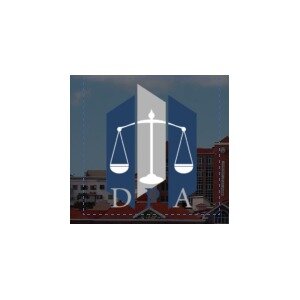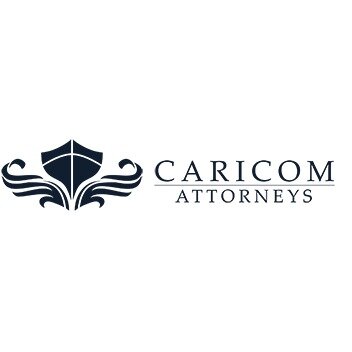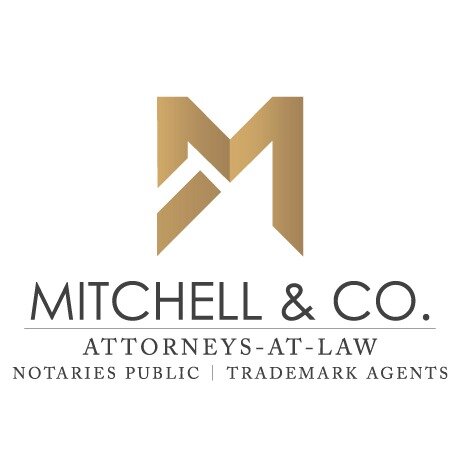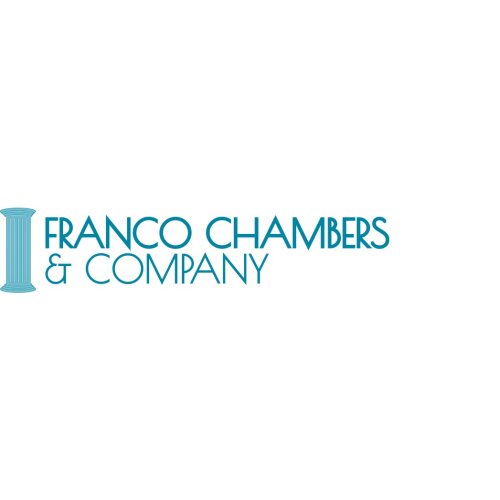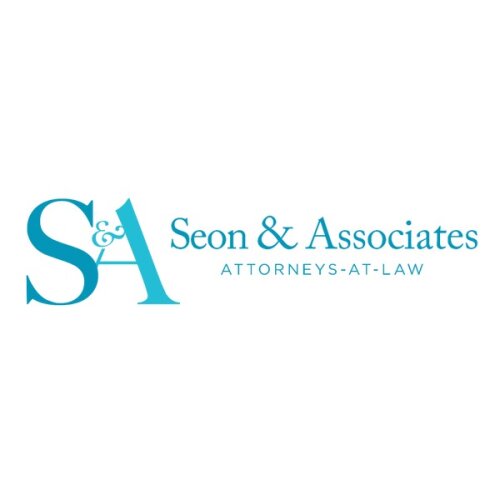Best Communications & Media Law Lawyers in Grenada
Share your needs with us, get contacted by law firms.
Free. Takes 2 min.
Or refine your search by selecting a city:
List of the best lawyers in Grenada
About Communications & Media Law in Grenada:
Communications & Media Law in Grenada governs the rights and responsibilities related to the communication, dissemination, and regulation of information through various mediums such as broadcasting, print, online platforms, and telecommunications. This branch of law aims to protect freedom of speech, access to information, and regulate media entities to ensure ethical practices and compliance with the law.
Why You May Need a Lawyer:
You may need a lawyer specializing in Communications & Media Law in Grenada if you are facing issues related to defamation, privacy rights, intellectual property, censorship, licensing, or any other legal matter concerning media content or communication platforms. Lawyers in this field can help you navigate complex legal regulations, defend your rights, or provide advice on compliance with media laws.
Local Laws Overview:
Key aspects of Communications & Media Law in Grenada include laws governing defamation, libel, privacy rights, intellectual property rights, content regulation, licensing of media entities, and censorship. The legal framework aims to balance freedom of expression with the protection of individuals' reputations, privacy, and the public interest. It is essential to be aware of these laws to avoid legal disputes and ensure compliance.
Frequently Asked Questions:
Q: What is defamation, and how is it regulated in Grenada?
A: Defamation refers to the act of making false statements that harm someone's reputation. In Grenada, defamation laws protect individuals from false and damaging statements published or spoken publicly. Defamatory statements can lead to legal action for damages or injunctions to stop the dissemination of defamatory material.
Q: What are the intellectual property rights related to media content in Grenada?
A: Intellectual property rights in Grenada protect original creative works such as photographs, articles, videos, and music. Copyright laws grant creators exclusive rights to reproduce, distribute, and display their work. Properly licensing and attributing intellectual property is essential to avoid copyright infringement.
Q: How are media entities licensed in Grenada?
A: Media entities in Grenada are required to obtain licenses from the relevant regulatory authorities to operate legally. Licensing requirements may vary depending on the type of media entity, such as broadcasting stations, newspapers, or online platforms. Compliance with licensing regulations is crucial to avoid penalties or closure of the media entity.
Q: Can I be held liable for content posted by users on my online platform?
A: As the owner or operator of an online platform, you may be held liable for user-generated content under certain circumstances, such as if you actively encourage or endorse illegal activities or content. It is essential to have proper moderation policies and terms of service to mitigate legal risks associated with user-generated content.
Q: What are the privacy rights of individuals in relation to media content in Grenada?
A: Individuals in Grenada have the right to privacy, which includes the protection of personal information from unauthorized disclosure or misuse. Media entities must respect individuals' privacy rights when collecting, storing, or sharing personal information. Violations of privacy rights can lead to legal action for damages or injunctions.
Q: How can I protect my intellectual property rights as a content creator in Grenada?
A: Content creators in Grenada can protect their intellectual property rights by registering their works with the relevant authorities, using copyright notices, licensing agreements, and enforcing their rights against infringing parties. It is advisable to seek legal advice to properly protect and enforce your intellectual property rights.
Q: What are the regulations concerning media content censorship in Grenada?
A: Censorship of media content in Grenada is regulated by laws that balance freedom of expression with protecting public interests such as national security, public order, and morals. Content that incites violence, promotes hate speech, or violates ethical standards may be subject to censorship or legal action.
Q: Can I challenge a decision by the regulatory authority regarding my media entity in Grenada?
A: You have the right to challenge a decision by the regulatory authority through legal channels such as appeals or judicial review. It is advisable to seek legal representation to navigate the legal process and present your case effectively.
Q: What are the penalties for non-compliance with Communications & Media Law in Grenada?
A: Non-compliance with Communications & Media Law in Grenada can result in penalties such as fines, injunctions, suspension or revocation of licenses, and legal action for damages. It is essential to comply with legal regulations to avoid costly consequences and safeguard your rights.
Q: How can a lawyer help me with legal issues related to Communications & Media Law in Grenada?
A: A lawyer specializing in Communications & Media Law in Grenada can provide legal advice, represent you in negotiations or legal proceedings, draft legal documents, and advocate for your rights. They can help you navigate the complex legal landscape surrounding media content and communication platforms.
Additional Resources:
For more information or legal assistance concerning Communications & Media Law in Grenada, you can contact the Ministry of Legal Affairs, Grenada Broadcasting Network, or seek advice from legal aid organizations such as the Grenada Bar Association.
Next Steps:
If you require legal assistance or advice in Communications & Media Law in Grenada, it is advisable to consult with a qualified lawyer specializing in this field. They can assess your situation, provide guidance on your rights and legal options, and help you navigate the legal process effectively. Take proactive steps to protect your interests and ensure compliance with relevant laws to avoid legal disputes or penalties.
Lawzana helps you find the best lawyers and law firms in Grenada through a curated and pre-screened list of qualified legal professionals. Our platform offers rankings and detailed profiles of attorneys and law firms, allowing you to compare based on practice areas, including Communications & Media Law, experience, and client feedback.
Each profile includes a description of the firm's areas of practice, client reviews, team members and partners, year of establishment, spoken languages, office locations, contact information, social media presence, and any published articles or resources. Most firms on our platform speak English and are experienced in both local and international legal matters.
Get a quote from top-rated law firms in Grenada — quickly, securely, and without unnecessary hassle.
Disclaimer:
The information provided on this page is for general informational purposes only and does not constitute legal advice. While we strive to ensure the accuracy and relevance of the content, legal information may change over time, and interpretations of the law can vary. You should always consult with a qualified legal professional for advice specific to your situation.
We disclaim all liability for actions taken or not taken based on the content of this page. If you believe any information is incorrect or outdated, please contact us, and we will review and update it where appropriate.
Browse communications & media law law firms by city in Grenada
Refine your search by selecting a city.



